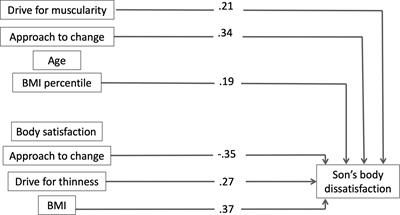EDITORIAL
Published on 17 Jan 2022
Editorial: Eating Behavior and Food Decision Making in Children and Adolescents
doi 10.3389/fpsyg.2021.818078
- 3,303 views
- 2 citations
17k
Total downloads
148k
Total views and downloads
You will be redirected to our submission process.
EDITORIAL
Published on 17 Jan 2022
ORIGINAL RESEARCH
Published on 16 Nov 2021
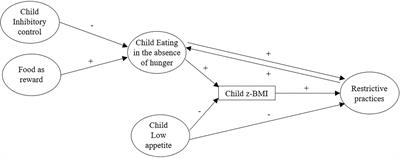
ORIGINAL RESEARCH
Published on 10 Sep 2021
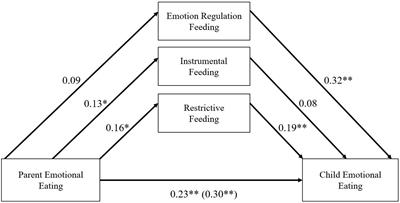
ORIGINAL RESEARCH
Published on 18 Aug 2021
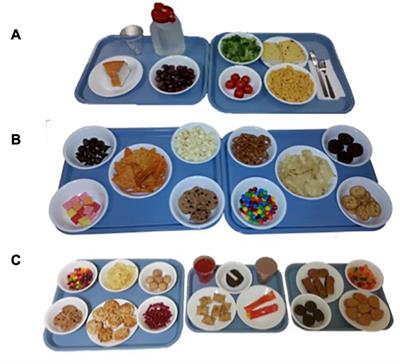
ORIGINAL RESEARCH
Published on 18 May 2021
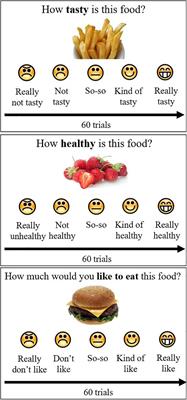
ORIGINAL RESEARCH
Published on 13 May 2021
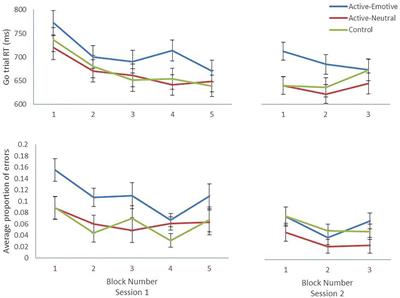
ORIGINAL RESEARCH
Published on 30 Apr 2021
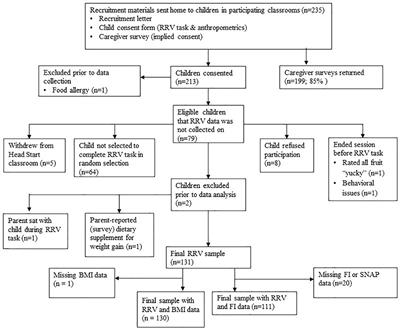
ORIGINAL RESEARCH
Published on 21 Apr 2021
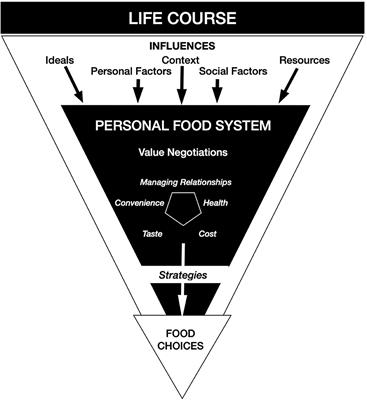
ORIGINAL RESEARCH
Published on 13 Apr 2021

ORIGINAL RESEARCH
Published on 08 Apr 2021

ORIGINAL RESEARCH
Published on 19 Mar 2021

ORIGINAL RESEARCH
Published on 18 Mar 2021
